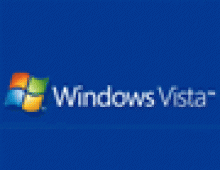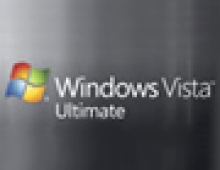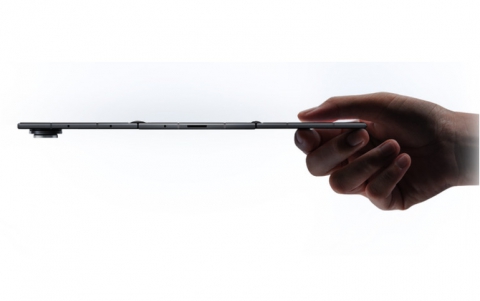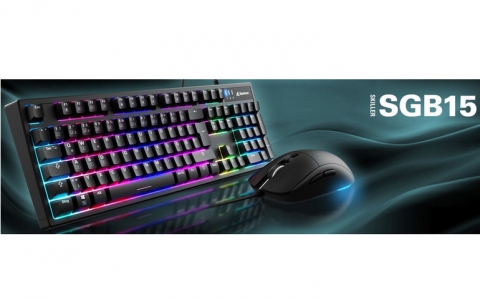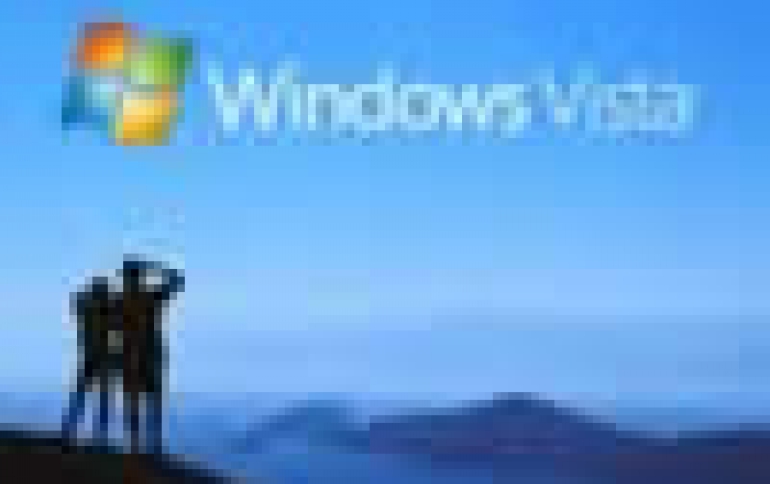
Microsoft Explains HD Playback Issue On Vista
Trying to put an end to reactions over its recent official statements
regarding the lack of playback of HD DVD and Blu-Ray movies in 32-bit versions of Windows Vista, Microsoft clarified that it is staying on track with its policies and development plans for protected HD playback under the upcoming operating system.
The community is buzzing with reactions to a surprising disclosure made by
Senior Program Manager of Vista, Steve Riley, during a presentation on
Windows Vista security at Tech.Ed 2006, Sydney on Thursday. Riley said that
no 32-bit versions of Windows Vista will be able to play back next
generation high definition protected content.
"Any next-generation high definition content will not play in x32 at all," said Riley.
Microsoft immediately reacted and in fact admitted that Steve Riley was wrong during his presentation on Windows Vista Integrity. Nick White, a Product Manager at Microsoft working on the Windows Vista launch team, wrote on the Windows Vista Team Blog:
"The real deal is that no version of Windows Vista will make a determination as to whether any given piece of content should play back or not. The individual Independent Software Vendor (ISV) providing the playback solutions will choose whether the playback environment, including environments that use 32-bit processors, meet the performance requirements for playback of protected High Definition content."
Microsoft attempted to downplay the issue saying that it is up to a particular ISV to determine which environments are suitable for their playback solutions.
However, Riley reportedly said in his presentation yesterday, that the decision to prevent protected HD content from playing in Vista 32bit was made at the studios' request.
"This is a decision that the Media Player folks made because there are just too many ways right now for unsigned kernel mode code [to compromise content protection]. The media companies asked us to do this and said they don't want any of their high definition content to play in x32 at all, because of all of the unsigned malware that runs in kernel mode which can get around content protection, so we had to do this," he said.
Riley said that by the time HD content becomes popular, playback on current 32-bit PCs will no longer be an issue because everyone will be running 64-bit Windows.
PC users will now have to choose between a PC that can play high definition content (64 bit) versus one that can potentially run older devices that only have unsigned drivers available (32 bit).
"Signed drivers" are ones that have undergone a Microsoft quality-assurance process and received a digital certificate that certifies them as stable for installation on 64-bit Windows.
The problem, however, is that even with 64-bit processors from Intel and AMD arriving on the market, 64-bit drivers are still few and far between.
Microsoft said that in order to help ISVs make the playback determination, Vista will expose a list of any unsigned drivers on the system. As a result, "..it remains up to the ISV to determine whether playback will be enabled.."
"Any next-generation high definition content will not play in x32 at all," said Riley.
Microsoft immediately reacted and in fact admitted that Steve Riley was wrong during his presentation on Windows Vista Integrity. Nick White, a Product Manager at Microsoft working on the Windows Vista launch team, wrote on the Windows Vista Team Blog:
"The real deal is that no version of Windows Vista will make a determination as to whether any given piece of content should play back or not. The individual Independent Software Vendor (ISV) providing the playback solutions will choose whether the playback environment, including environments that use 32-bit processors, meet the performance requirements for playback of protected High Definition content."
Microsoft attempted to downplay the issue saying that it is up to a particular ISV to determine which environments are suitable for their playback solutions.
However, Riley reportedly said in his presentation yesterday, that the decision to prevent protected HD content from playing in Vista 32bit was made at the studios' request.
"This is a decision that the Media Player folks made because there are just too many ways right now for unsigned kernel mode code [to compromise content protection]. The media companies asked us to do this and said they don't want any of their high definition content to play in x32 at all, because of all of the unsigned malware that runs in kernel mode which can get around content protection, so we had to do this," he said.
Riley said that by the time HD content becomes popular, playback on current 32-bit PCs will no longer be an issue because everyone will be running 64-bit Windows.
PC users will now have to choose between a PC that can play high definition content (64 bit) versus one that can potentially run older devices that only have unsigned drivers available (32 bit).
"Signed drivers" are ones that have undergone a Microsoft quality-assurance process and received a digital certificate that certifies them as stable for installation on 64-bit Windows.
The problem, however, is that even with 64-bit processors from Intel and AMD arriving on the market, 64-bit drivers are still few and far between.
Microsoft said that in order to help ISVs make the playback determination, Vista will expose a list of any unsigned drivers on the system. As a result, "..it remains up to the ISV to determine whether playback will be enabled.."


